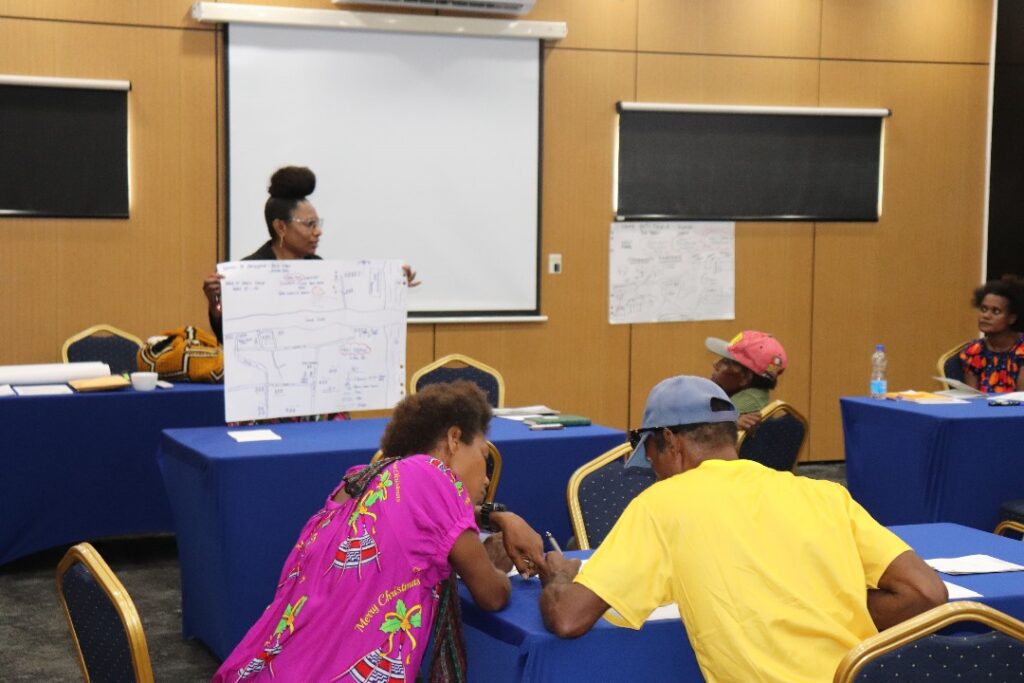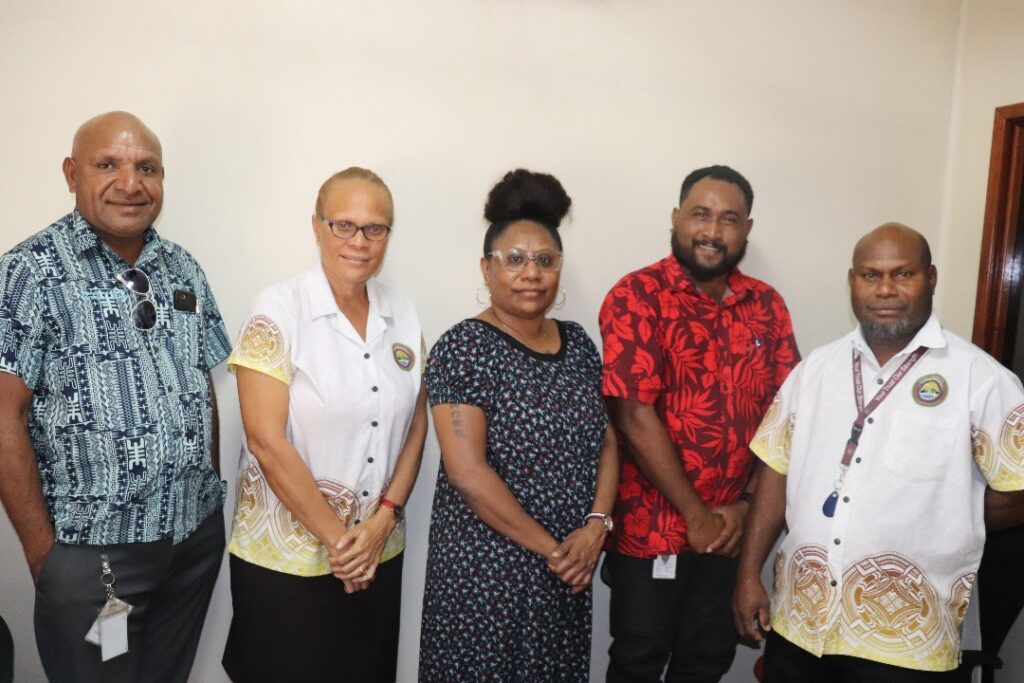THE Centre for Excellence in Financial Inclusion (CEFI) and the United Nations Development Program (UNDP), through its Conservation and Environment Protection Program, have partnered to enhance financial literacy for smallholder farmers in the New Britain Islands.
A ten-day Training Needs Analysis (TNA) exercise was successfully conducted respectively in East New Britain province from February 3-7 and West New Britain province from February 10-14.

The TNA marks the beginning of a comprehensive six-month of 8 key project activities.
This initiative aims to enhance financial literacy and financial inclusion by supporting sustainable integrated land use practices across New Britain Island.
Under this program, CEFI is responsible for delivering tailored financial literacy training, facilitating bank account openings for smallholder farmers, and establishing Agent Banking Networks in two provinces.
The goal is to empower smallholder cocoa farmers in East New Britain Province and smallholder oil palm farmers in West New Britain Province with essential personal financial management skills.
This effort aims to bolster economic resilience within family households and ensure the sustainability of their agricultural enterprises within their respective communities.

The initial five-day TNA was conducted in Kokopo, targeting farmers from Inland Baining in the Gazelle District and Central Pomio in the Pomio District.
A total of 24 participants, evenly split between the two districts, took part in the assessment.
The objective was to identify their learning needs and determine the necessity skills for customized training on savings, budgeting, and agricultural financial management.
Key findings from the assessment revealed low financial literacy levels and limited access to formal financial services in these rural areas.
Participants expressed the urgent need for practical training in essential financial practices such as income tracking, household budgeting, and savings planning.
To bridge these gaps, CEFI will design targeted training programs that directly address the specific needs identified during the TNA exercise.
Many of the participants, emphasized the importance of financial literacy in empowering communities.
“Equipping farmers with essential financial knowledge are crucial for fostering sustainable agricultural practices and enhancing their ability to manage and grow their incomes.
“This partnership with CEFI and financial institutions ensures that rural communities are not left behind in the journey toward financial inclusion,” the participants expressed.
The second five-day TNA was conducted in Bialla Rural LLG, Silanga community wards (1 to 13) in Nakanai District in West New Britain province, engaging 36 participants aged between 20 to 60 years old.
This initiative is a key component of UNDP’s six-month program focused on establishing sustainable integrated land use planning systems across New Britain Island.
The assessment revealed critical gaps in financial literacy, with participants demonstrating limited knowledge of essential financial skills such as saving, budgeting, and managing agricultural income.
This lack of knowledge, combined with restricted access to formal financial services, underscores the need for targeted financial literacy programs to empower local farmers.
“Financial literacy is vital for the sustainability of agricultural livelihoods. Through this initiative, we aim to equip farmers with practical financial skills that will not only enhance their ability to manage their income but also strengthen their economic resilience,” said a representative from CEFI.
During the TNA, visits were made to various financial institutions to explore and strengthen partnerships aimed at facilitating bank account openings and establishing Agent Banking Networks in the communities where financial literacy training will be delivered.
These collaborations are designed to enhance farmers’ access to formal financial services and promote long-term financial sustainability.
This initiative seeks to build strategic partnerships with financial institutions to improve financial service accessibility for farmers.
By enabling them to securely manage their agricultural income, cultivate a savings culture, and effectively handle farm expenses, these partnerships create opportunities for future financial growth within their communities.
The upcoming financial literacy training, shaped by the TNA findings, will equip farmers with the knowledge and tools to make informed financial decisions.
Training modules will cover essential topics such as savings plans, household budgeting, and income diversification strategies, tailored to the specific needs of each community.
By strengthening farmers’ financial literacy, the program contributes to long-term environmental conservation and enhances community resilience.

